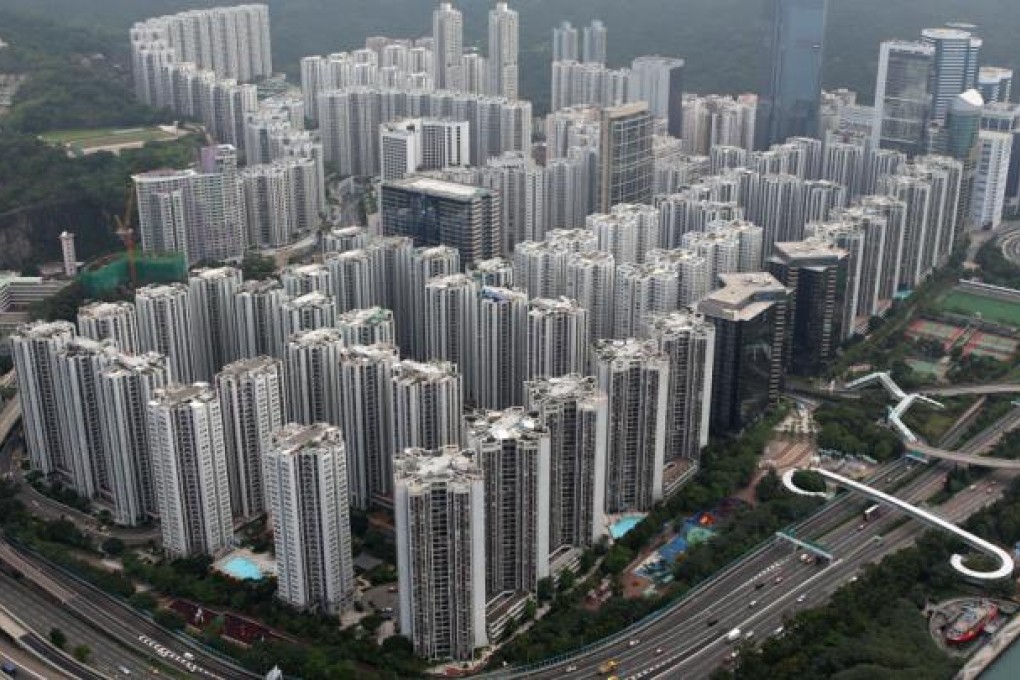You can bet on it
Professionals feel the sector will remain strong despite government intervention.

It's all about timing, especially in one key area of investment-fuelled Hong Kong: the property sector. So what's the best time to dive in?
Despite the much-talked about government intervention, the property market remains strong and there are no solid indications that the sector will suffer the same fate it did during the Asian financial crisis of 1997 and 2003, when the Sars epidemic resulted in home prices tumbling.
Investment banks, such as Bank of America Merrill Lynch and UBS, think prices will remain firm, while Deutsche Bank feels the market has already peaked.
Nevertheless, Shih Wing-ching, founder and director of Centaline, insists the property market remains a good investment.
"To protect your money from inflation, you need to include property in your asset portfolio. It makes sense to hold on to property rather than cash. Now is not the time to sell," Shih advises. "If property amounts to less than 30 per cent of your portfolio, you should make it up to 30 per cent. If it is more than 50 per cent, you should sell some of it. [Ideally], property should make up 50 per cent of your assets. But this is not a good time to get too aggressive in buying. So keep it at a minimum of 30 per cent."
However, a developer advises that now is a good time buy property "if you have extra cash in hand".
"Although property prices are high, if you have extra cash in hand, property is still your best bet," says Donald Choi Wun-hing, managing director of Nan Fung Development.